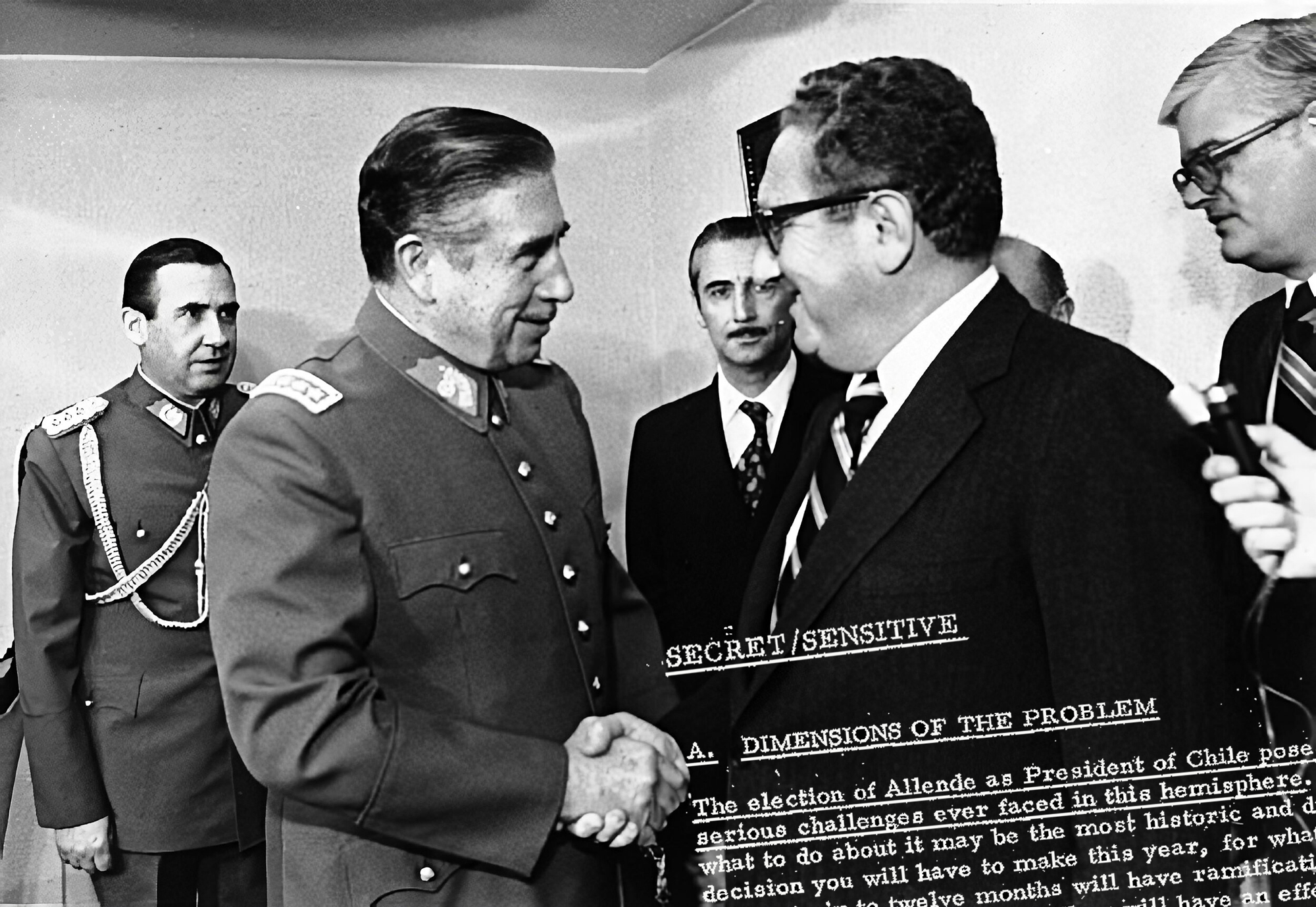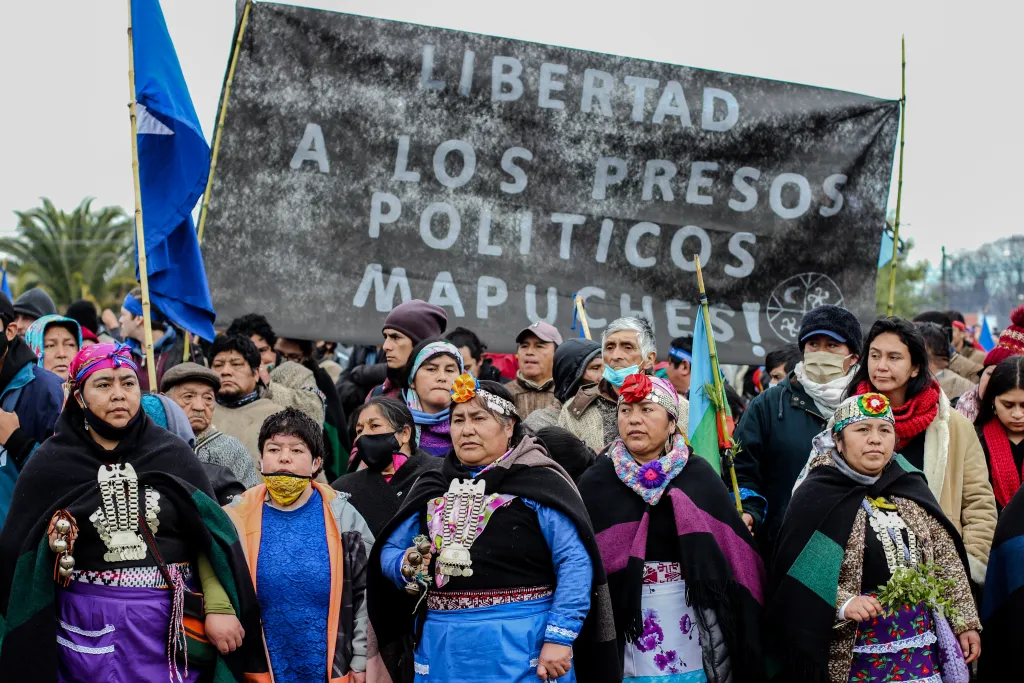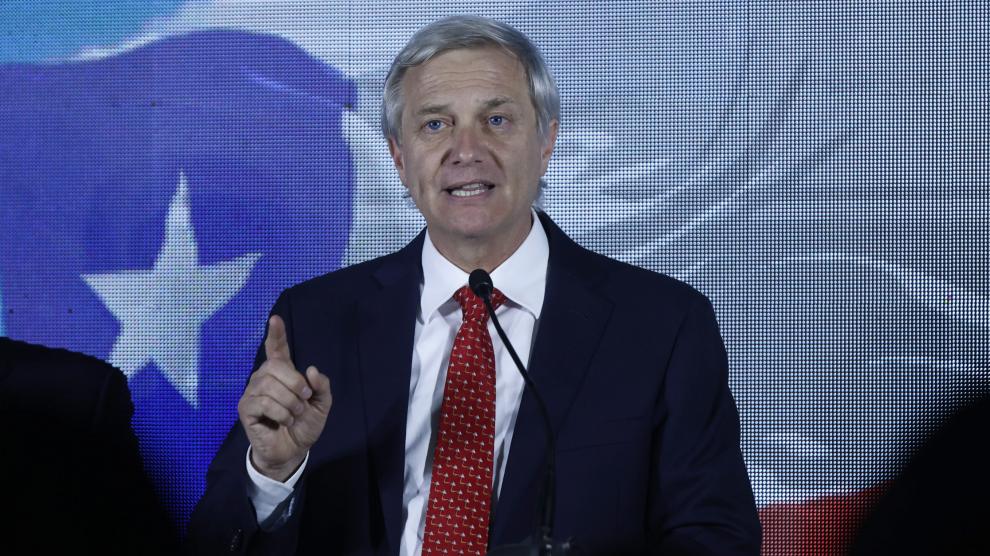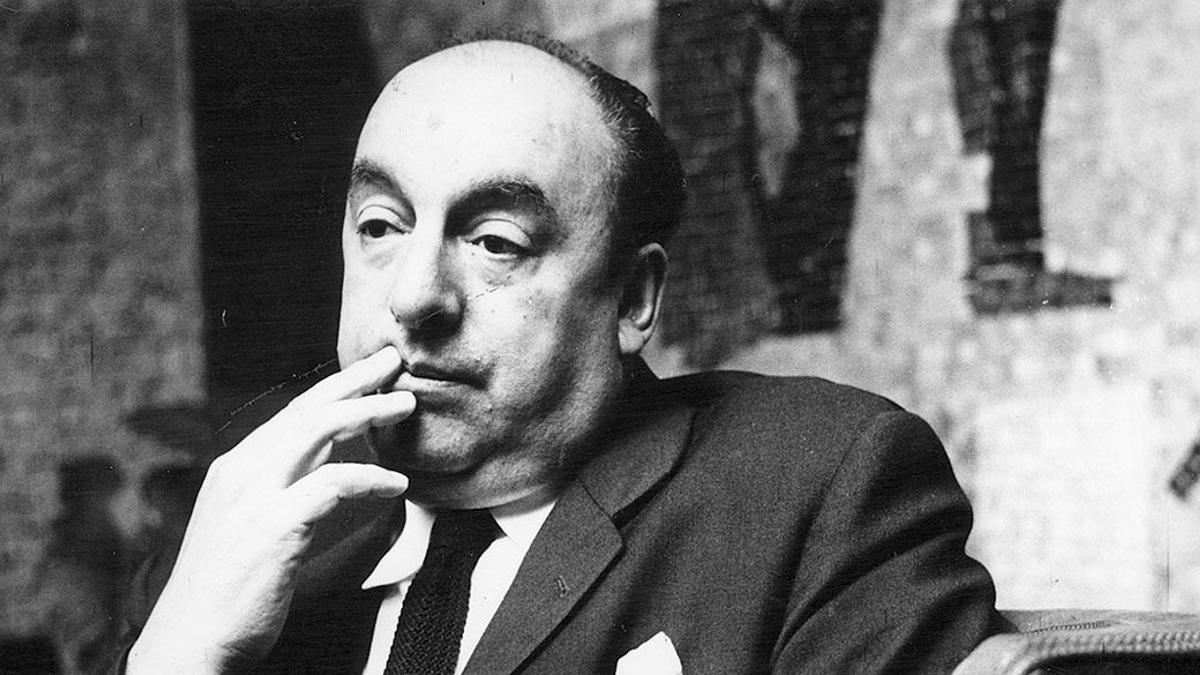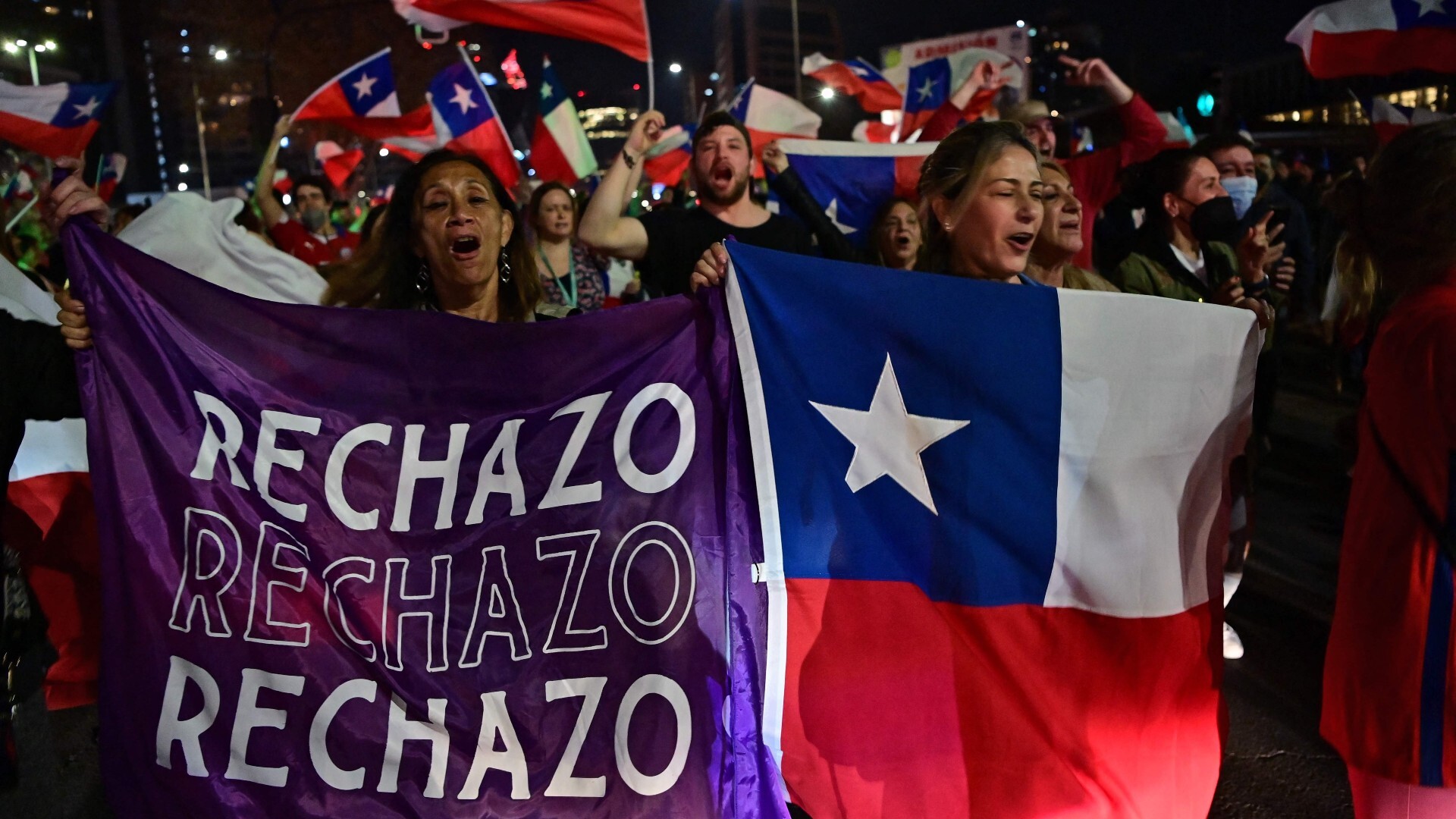Chile Senate Suspends Sebastián Piñera Impeachment Process
- In Congress, the accusation against the president, who wanted to be tried for irregularities in the sale of a mine just taken over from him, thrived. However, as expected, they have not achieved the support of more than two-thirds of the Upper House.

Chile’s President, Sebastián Piñera, will remain in office until March, when his term of office is scheduled to end and replace the winners of the presidential elections. The Chilean Senate has rejected the "satisfactory" political judgment against him. Continuing the process of dismissal of the right-wing President would require a third of the upper House’s votes (29 votes), but the opposition only has 24. There have therefore been no surprises and the impeachment process has remained there. He was charged with a crime of irregularities in the sale of a coal mine. In the first of the accusations voted in the Senate, “violation of the Constitution and the Law”, 24 votes in favour, 18 against and one abstention have been recorded, while in the second accusation, “seriously jeopardizing the honor of the nation”, there have been 22 votes in favour, 20 against and one abstention.
On the information published in Pandora’s papers, a group of opposition Members tabled a motion of censure against the president. In 2010, shortly after he took office, he was accused of illegally selling the Dominga mine in the British Virgin Islands. In the Chamber of Deputies they gave the green light at the beginning of the impeachment process for Piñera, because they needed half of the votes, which are the ones with the opposition: 78 chairs. The result, however, was exactly the same. The session of Congress became a spectacle in Chile: a Member spoke for fifteen hours with a goal: to allow a Member who needed a majority and was still locked to vote.
Elections on Sunday
The presidential elections in Chile and the Congress of Deputies will be held on 21 November. Piñera will not be presented to the investiture, so he should complete his second term in March. As seen during the campaign, the fight is between two candidates: José Antonio Kast from the far right and Gabriel Boric from the left are the favorites. According to the surveys, neither of the two will win half of the votes, so the two candidates would go to the second round on 19 December.
One of the main conflicts of Chilean President Gabriel Boric since the beginning of his mandate has been the conflict in the territory of Araucania in the south. In recent years, the struggle between the Mapuches and the Chilean state, among others, for land ownership has... [+]










